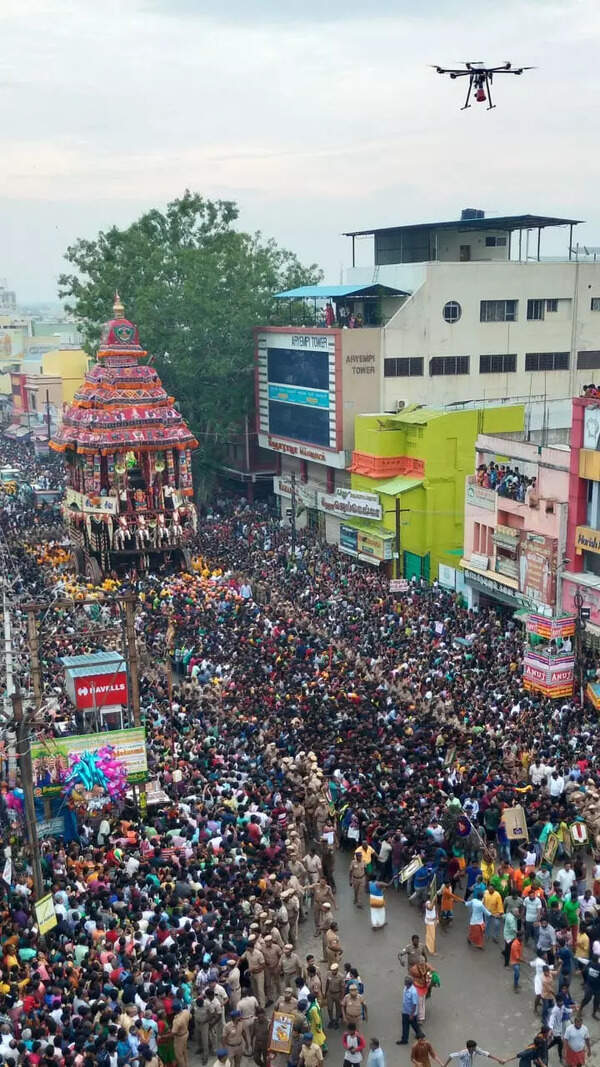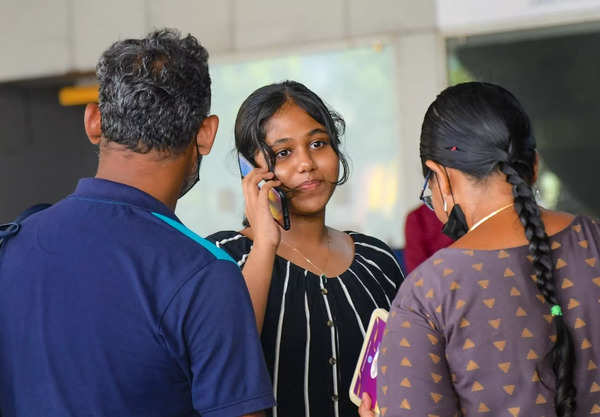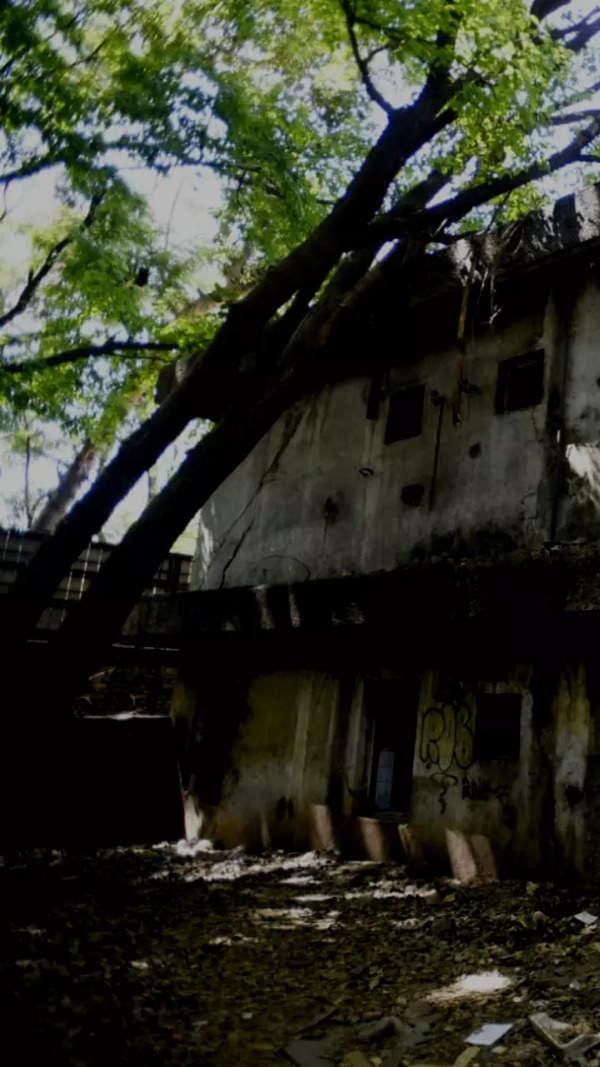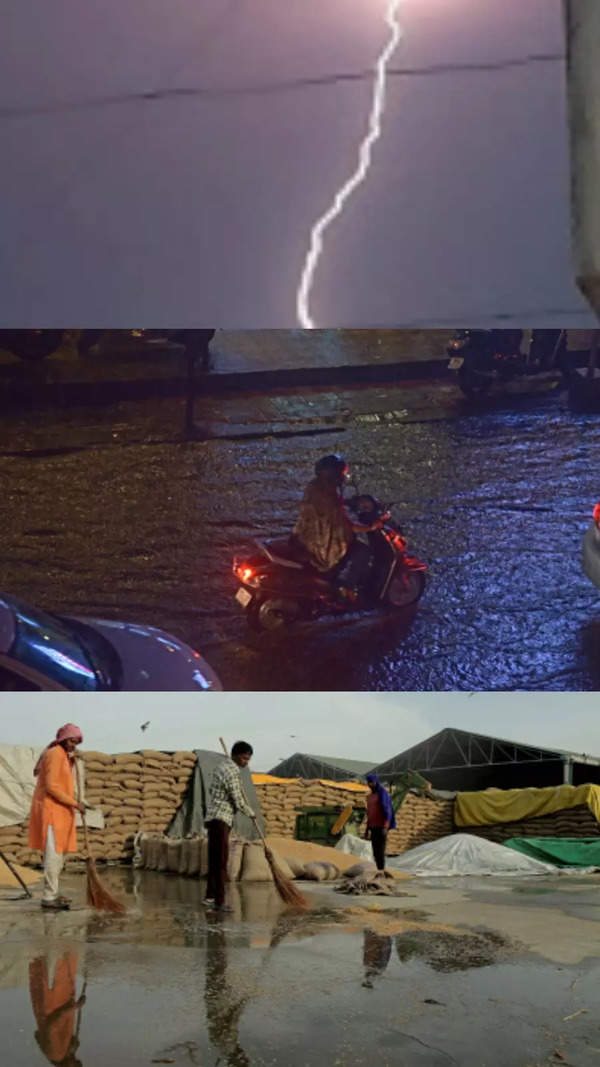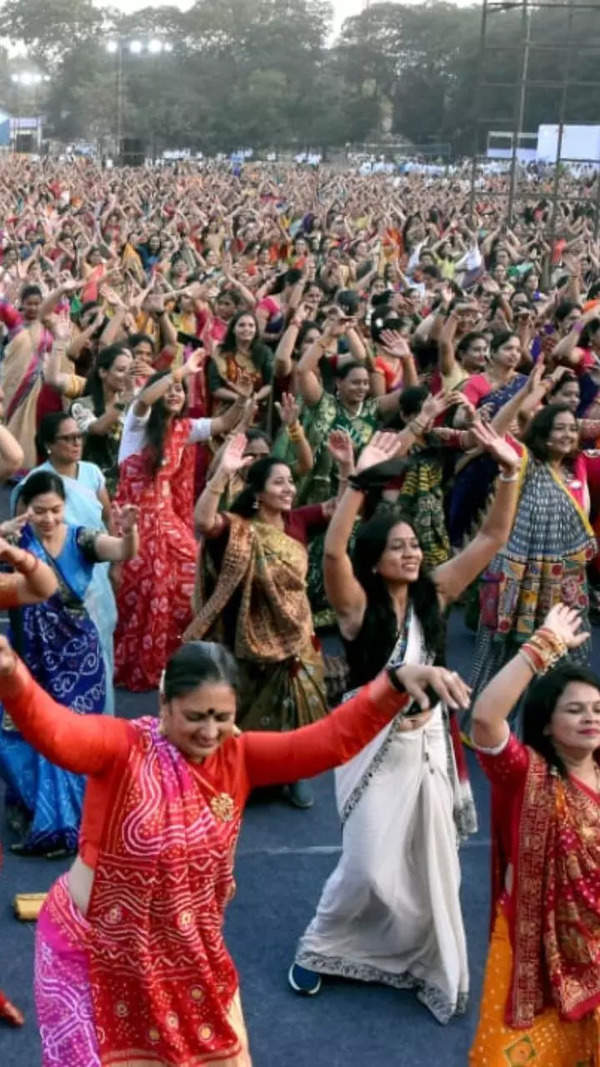- News
- City News
- chandigarh News
- A 1st: Punjab thrust to ‘chemical-free’ basmati cultivation in Amritsar block famous for it
Trending Topics
A 1st: Punjab thrust to ‘chemical-free’ basmati cultivation in Amritsar block famous for it
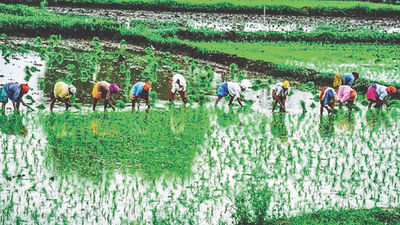
Pilot project
AMRITSAR: In a first, the Punjab agriculture and farmers welfare department has taken an initiative to produce toxin-free basmati in the famous Chogawan block of Amritsar district, aiming to boost chemical-free, aromatic, long-grained rice having immense demand across the world. The department is also encouraging farmers to produce the crop and has recruited 365 ‘kisan mitras’ (farmer friends) to motivate and educate farmers on basmati cultivation.
The pilot project has been launched in collaboration with the Punjab Agro Industries Corporation (PAIC), Amritsar chief agriculture officer Jatinder Singh Gill said. He said under the project, 10 agrochemical compounds (insecticide, pesticide, and fungicides) banned by Punjab Agricultual University wouldn’t be sprayed on basmati. “This is being done to avoid rejection of our basmati in the international market due to the presence of traces of these chemical compounds beyond the permissible limit, which causes huge loss of foreign exchange,” Gill said, adding that Amritsar basmati, especially from Chogawan block, has immense demand in Middle East, Europe and America.
He said the department had shortlisted farmers who would be part of the pilot project.Chogawan has an edge over basmati grown in other areas, owing to its alluvial soil and climatic conditions due to its proximity to the Ravi river, the Amritsar CAO said.
The government’s aim to encourage farmers to grow basmati is that it is transplanted in the first week of July, almost a month after the translation of paddy (parmal variety of rice) which will prevent the depletion of underground water due to the onset of monsoon. Farmers are being encouraged to cultivate Pusa Basmati 1121, Pusa Basmati 1718, Pusa Basmati 1509 and Punjab Basmati 7 varieties, which are purchased by private millers. Last year, Pusa 1121 was sold between Rs 3,500-4,000 per quintal, as against paddy which fetches around Rs 2,060 per quintal.
In all, 776 villages in Amritsar have around 1.08 lakh hectares under basmati cultivation, which the department aims to increase up to 1.4 lakh hectares this season.
Farmers of Majitha, Jandiala, Tarsikka, and a part of Attari block transplant Pusa Basmati 1509 early so that their farms are ready for sowing peas and potatoes after harvesting in September. Gill informed that they were in the process of recruiting ‘kisan mitras’ who would be between 45 and 60 years of age and have an experience in cultivation in at least 1or 2 acres of land. Kisan mitra’s would be paid Rs 5,000 per month from May to November.
Two villages have been assigned to each kisan mitra, barring the villages having less than 100 acres of land and unpopulated villages in Ajnala and Chogawan blocks.
The pilot project has been launched in collaboration with the Punjab Agro Industries Corporation (PAIC), Amritsar chief agriculture officer Jatinder Singh Gill said. He said under the project, 10 agrochemical compounds (insecticide, pesticide, and fungicides) banned by Punjab Agricultual University wouldn’t be sprayed on basmati. “This is being done to avoid rejection of our basmati in the international market due to the presence of traces of these chemical compounds beyond the permissible limit, which causes huge loss of foreign exchange,” Gill said, adding that Amritsar basmati, especially from Chogawan block, has immense demand in Middle East, Europe and America.
He said the department had shortlisted farmers who would be part of the pilot project.Chogawan has an edge over basmati grown in other areas, owing to its alluvial soil and climatic conditions due to its proximity to the Ravi river, the Amritsar CAO said.
The government’s aim to encourage farmers to grow basmati is that it is transplanted in the first week of July, almost a month after the translation of paddy (parmal variety of rice) which will prevent the depletion of underground water due to the onset of monsoon. Farmers are being encouraged to cultivate Pusa Basmati 1121, Pusa Basmati 1718, Pusa Basmati 1509 and Punjab Basmati 7 varieties, which are purchased by private millers. Last year, Pusa 1121 was sold between Rs 3,500-4,000 per quintal, as against paddy which fetches around Rs 2,060 per quintal.
In all, 776 villages in Amritsar have around 1.08 lakh hectares under basmati cultivation, which the department aims to increase up to 1.4 lakh hectares this season.
Farmers of Majitha, Jandiala, Tarsikka, and a part of Attari block transplant Pusa Basmati 1509 early so that their farms are ready for sowing peas and potatoes after harvesting in September. Gill informed that they were in the process of recruiting ‘kisan mitras’ who would be between 45 and 60 years of age and have an experience in cultivation in at least 1or 2 acres of land. Kisan mitra’s would be paid Rs 5,000 per month from May to November.
Two villages have been assigned to each kisan mitra, barring the villages having less than 100 acres of land and unpopulated villages in Ajnala and Chogawan blocks.
Start a Conversation
FOLLOW US ON SOCIAL MEDIA
FacebookTwitterInstagramKOO APPYOUTUBE



